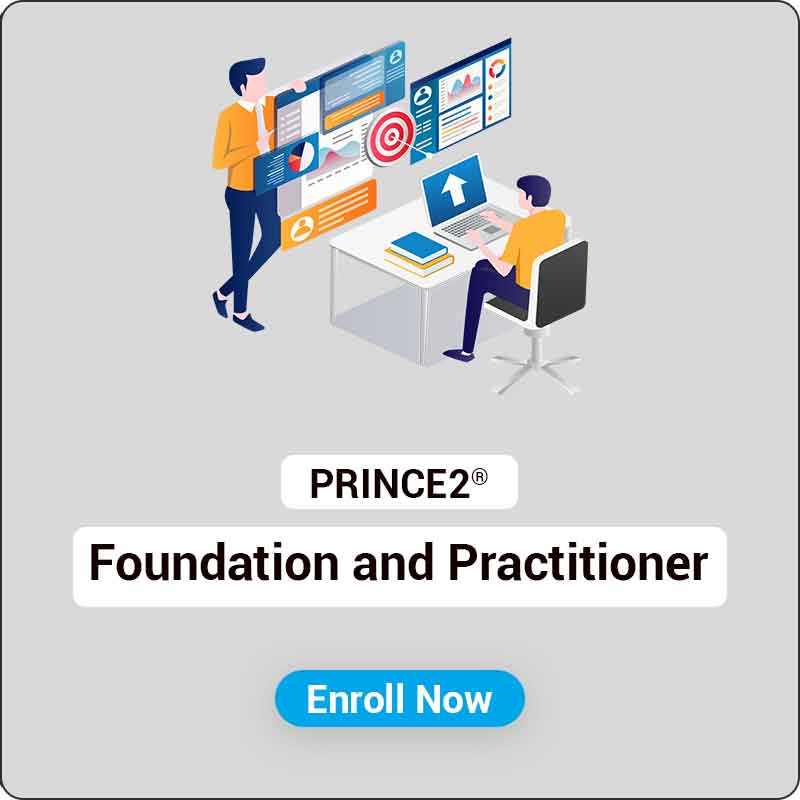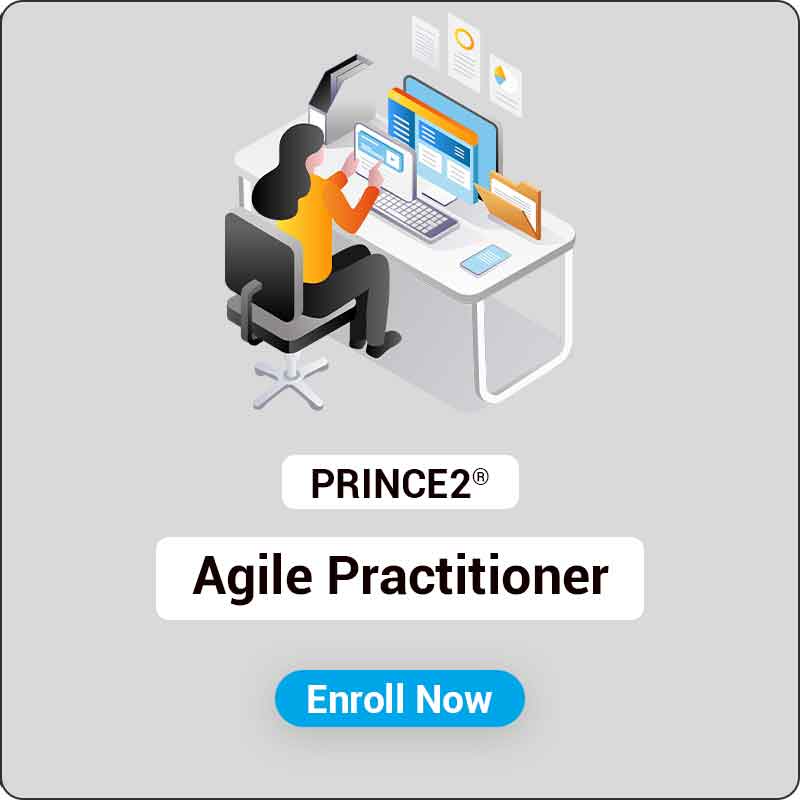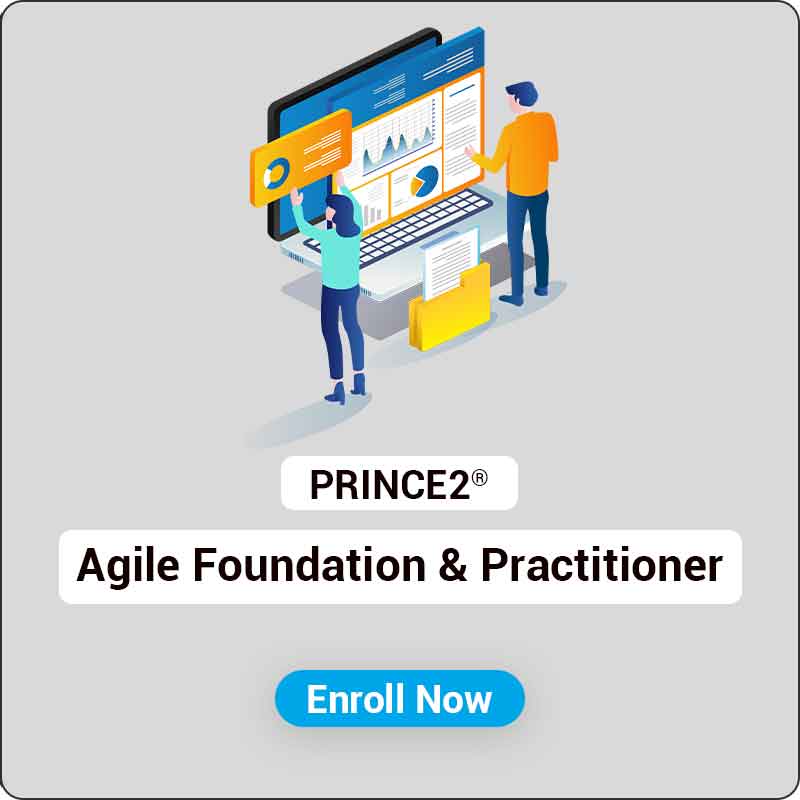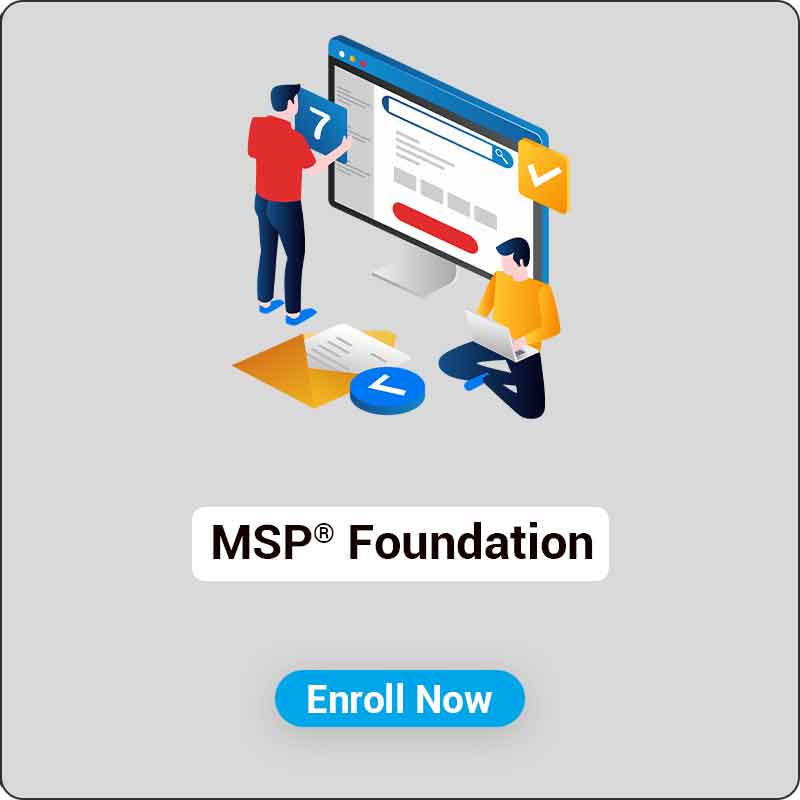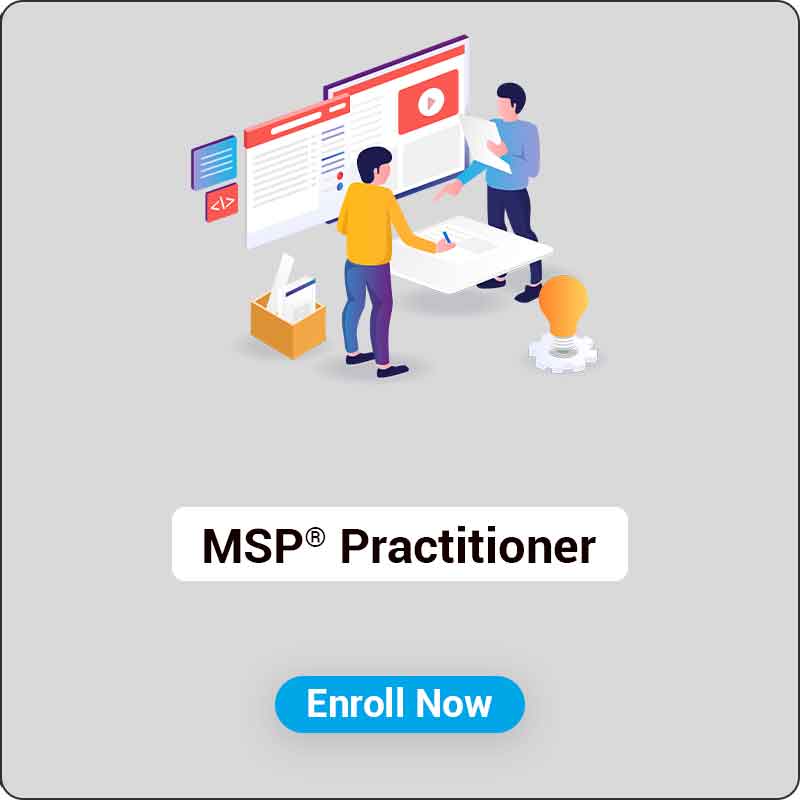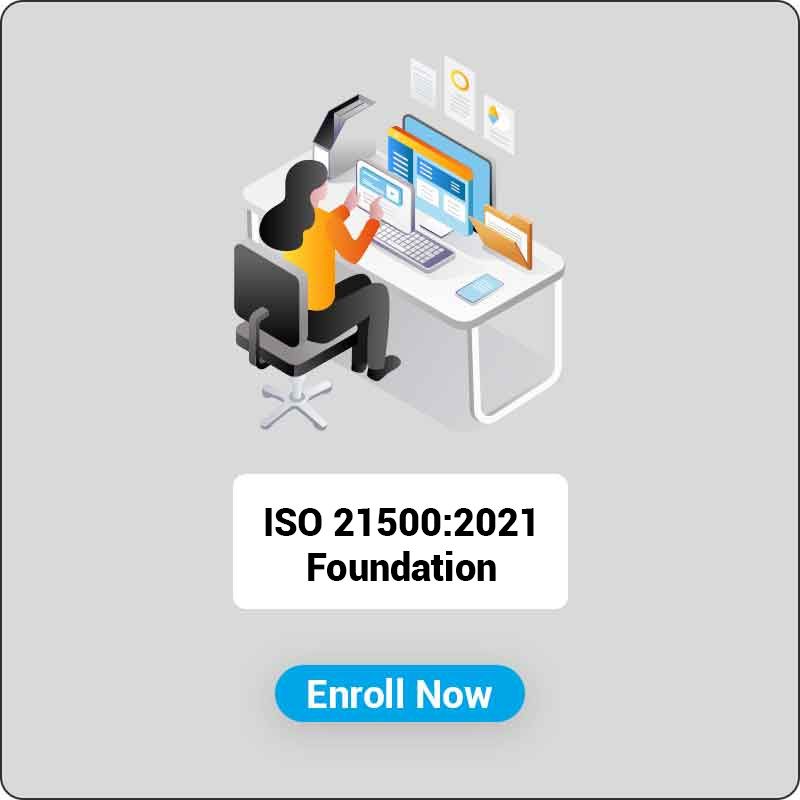PRINCE2® Practitioner Certification Training Course
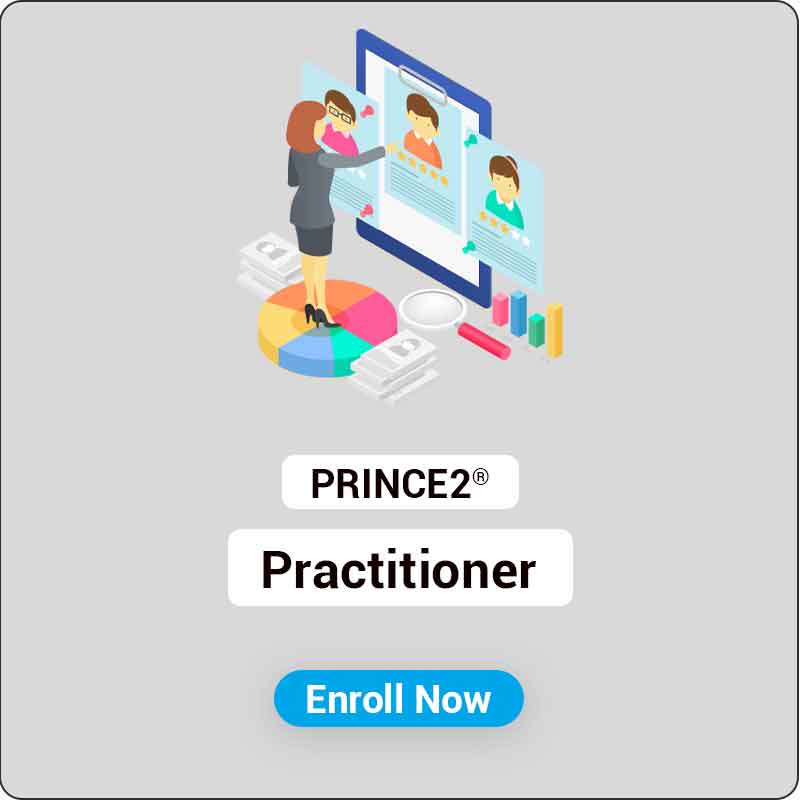
Accredited By
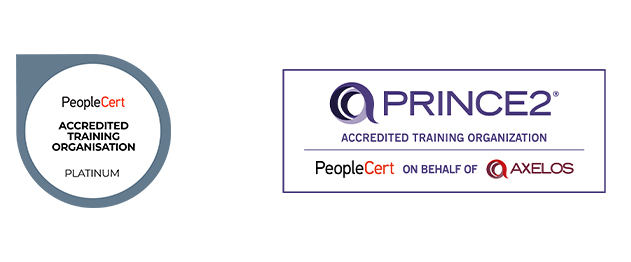
Course Package
Exam Voucher By PeopleCert
Official Training Material from PeopleCert
Official PRINCE2® Practitioner E-Book
Highly Experienced & Accredited Instructor
Live Instructor-Led Sessions
Real Life Examples & Case Studies
Lifetime LMS Access
K-Prime Warranty
Exam Voucher By PeopleCert
Official Training Material from PeopleCert
Official PRINCE2® Practitioner E-Book
Highly Experienced & Accredited Instructor
Live Instructor-Led Sessions
Real Life Examples & Case Studies
Lifetime LMS Access
K-Prime Warranty
Target Audience
Knowlathon's PRINCE2® Foundation Edition Certification Training course is ideal for
- Project Managers
- Associate or Assistant Project Managers
- Team Leads or Team Managers
- Project Executives
- Project Coordinators & Administrators
- Team Leaders & Supervisors
- Project Engineers
- Software Developers
- Business Professionals & Analysts
- Aspiring Project Managers
- Senior Managers & Executives and anyone aiming to enhance their project management skills.
Pre-requisites of PRINCE2® Practitioner Certification
To be eligible for the PRINCE2® Practitioner certification exam, candidates must meet one of the following prerequisites:
-
PRINCE2® Foundation Certification.
-
Project Management Professional (PMP) Certification.
-
Certified Associate in Project Management (CAPM) Certification.
-
IPMA Level A, B, C, or D(Certified Projects Director).
Exam and Certification information
-
No. of Questions: 70
-
Exam Duration: 150 Minutes
-
Exam Format: Multiple Choice Questions (MCQ)
-
Pass Marks: 42 out of 70 (60%)
-
Exam Type: Open book - Candidates are permitted to use the official printed hard copy of the Managing Successful Projects with PRINCE2® 2017 Edition. The official manual may be annotated and tabulated but no sticky notes and loose-leaf papers containing additional notes will be allowed
-
Exam Content: The questions test the understanding and application of the PRINCE2 methodology, principles, themes, and processes and assess the ability to analyze project scenarios and apply PRINCE2 principles in a practical context.
Other Important Information
- During Open Book examinations you have the option to use your Official Core Guidance Paperback Book, if you have one, or your Official Core Guidance eBook
PRINCE2® Practitioner Certification Journey
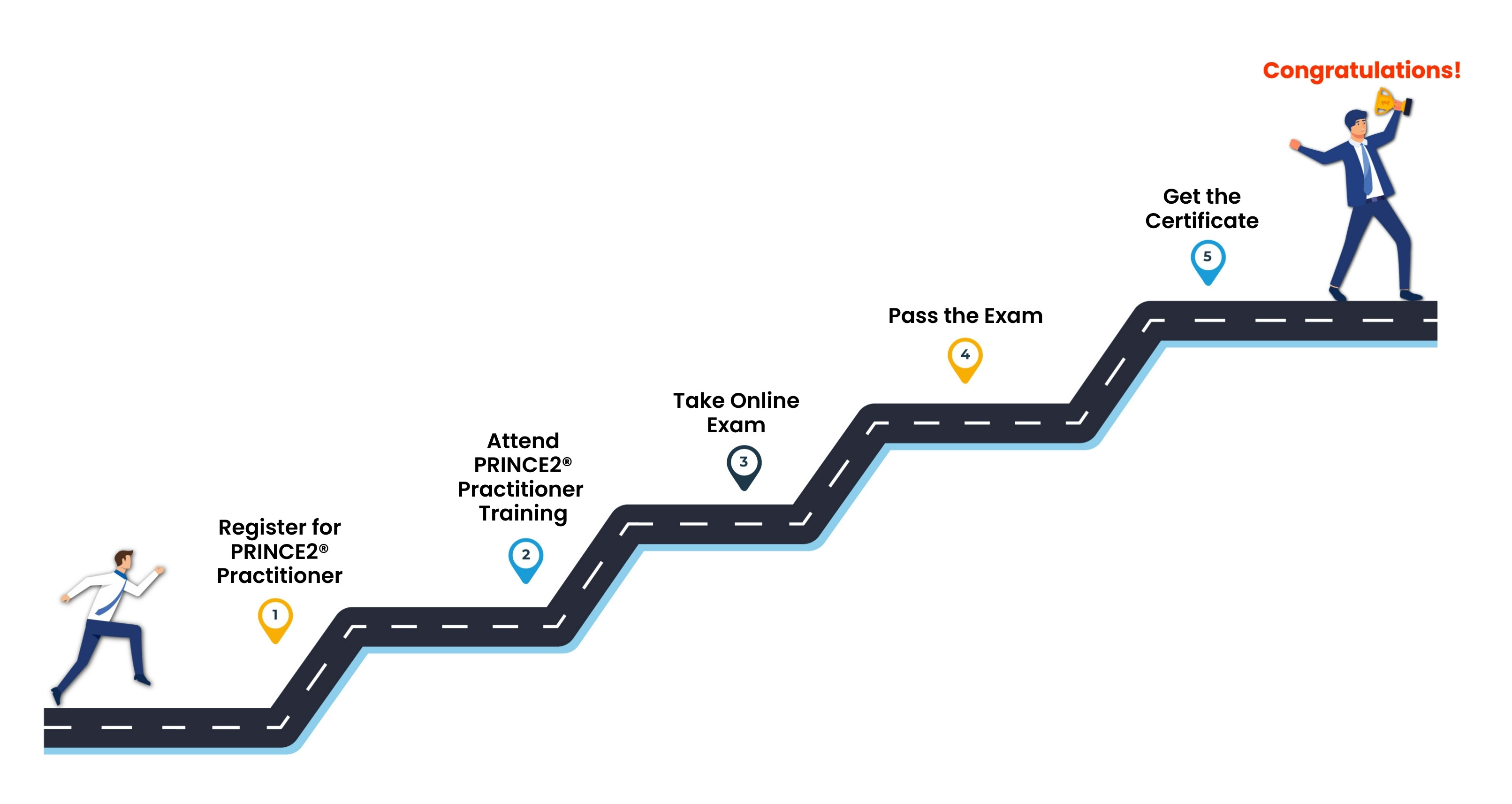
Course Outline
- 1.1 PRINCE2® Overview
- 1.2 Agile Overview
- 1.3 Why PRINCE2® Agile?
- 2.1 PRINCE2® Principles
- 2.2 Agile Manifesto and Principles
- 2.3 Blending PRINCE2® and Agile
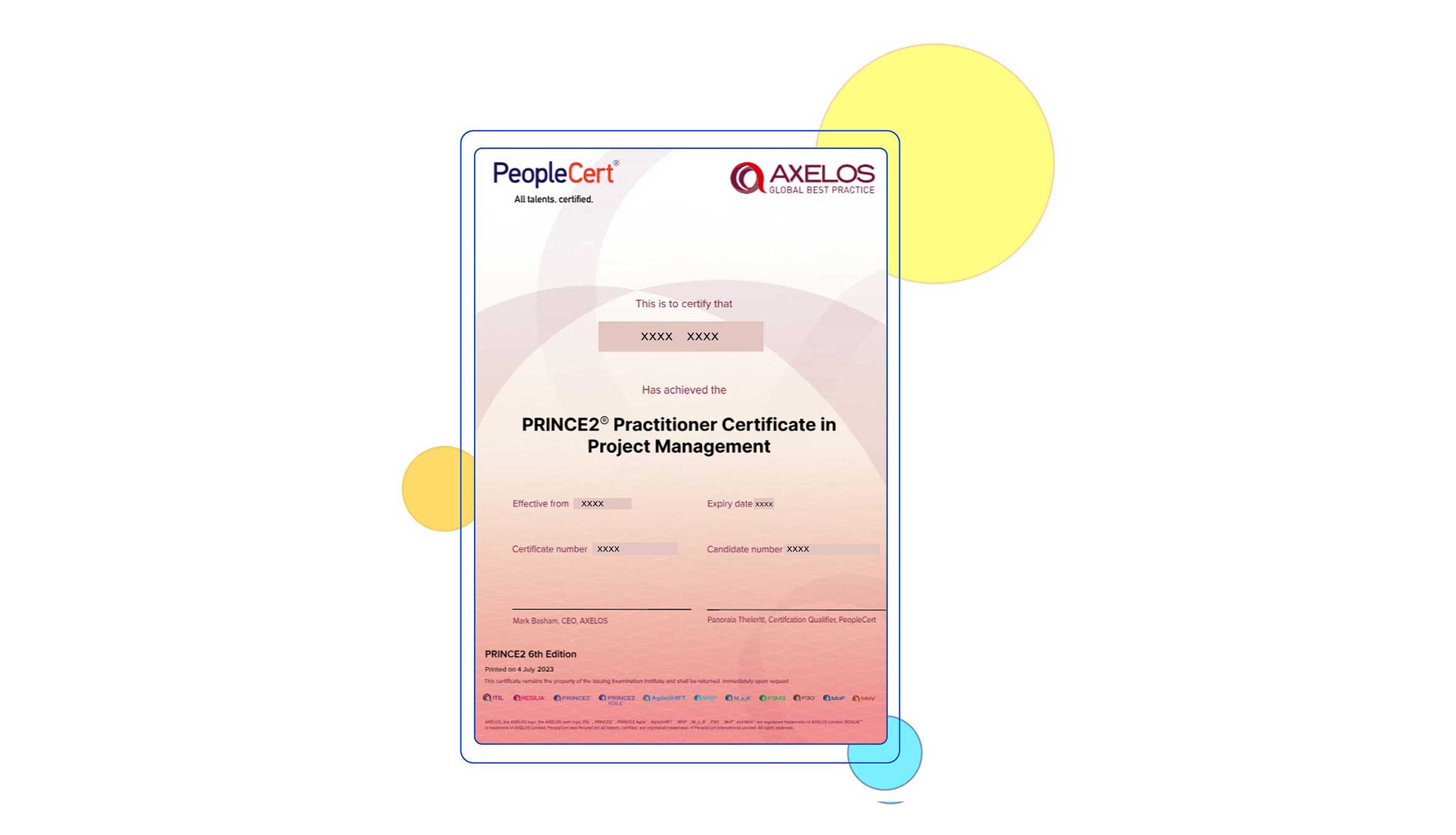
Frequently Asked Questions.
PRINCE2 Practitioner certifies advanced proficiency in applying PRINCE2 principles to manage projects effectively in practical situations, making it perfect for project managers and delivery professionals.
PRINCE2 Methodology is a structured approach to project management that emphasizes defined roles, effective risk management, and delivering value. It is based on seven principles, themes, and processes that guide successful project execution.

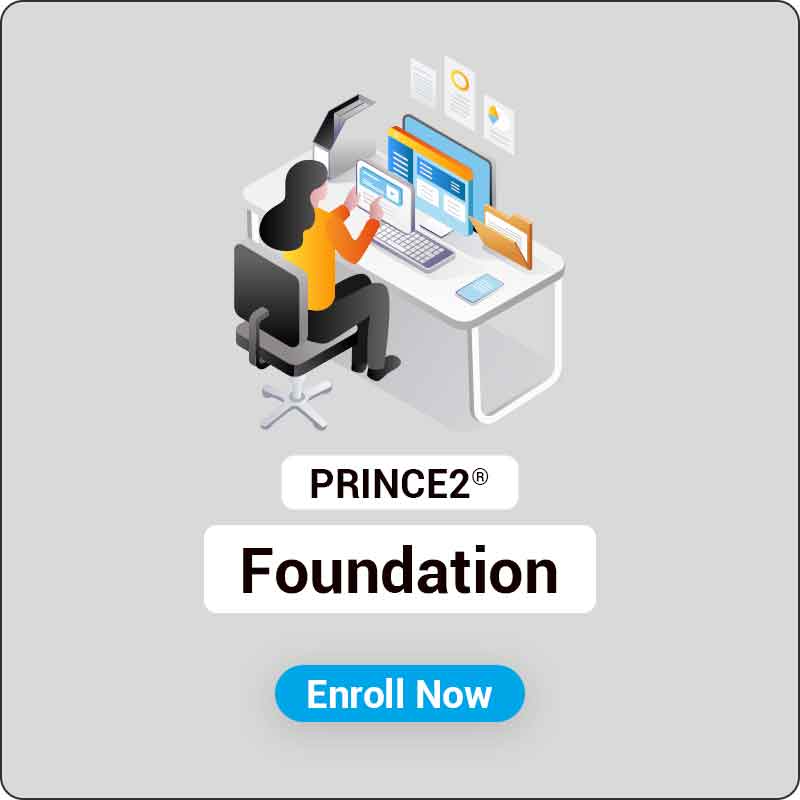
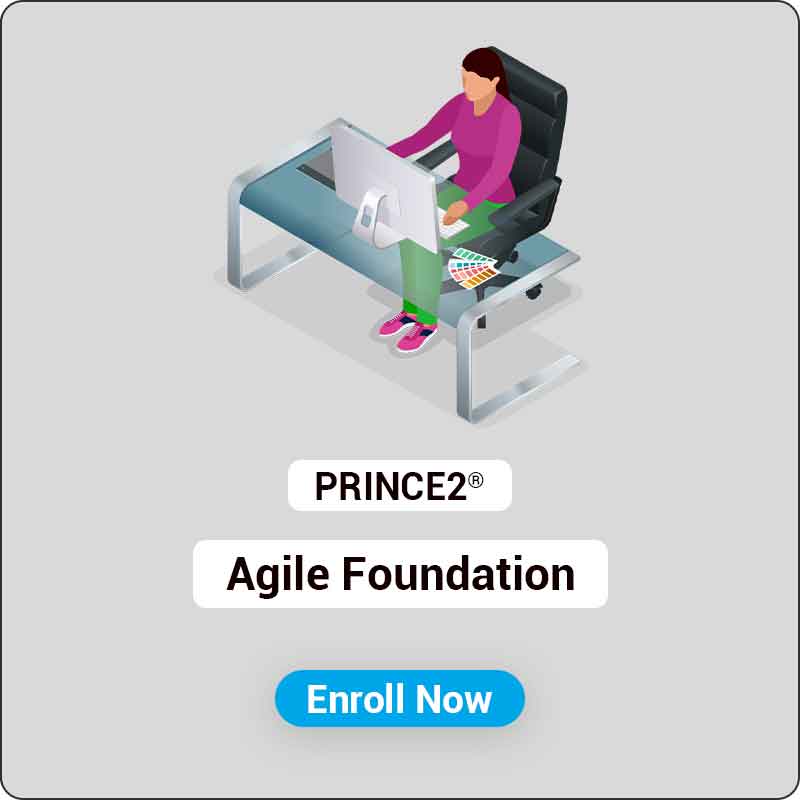
.jpg)
-compressed.jpg)
